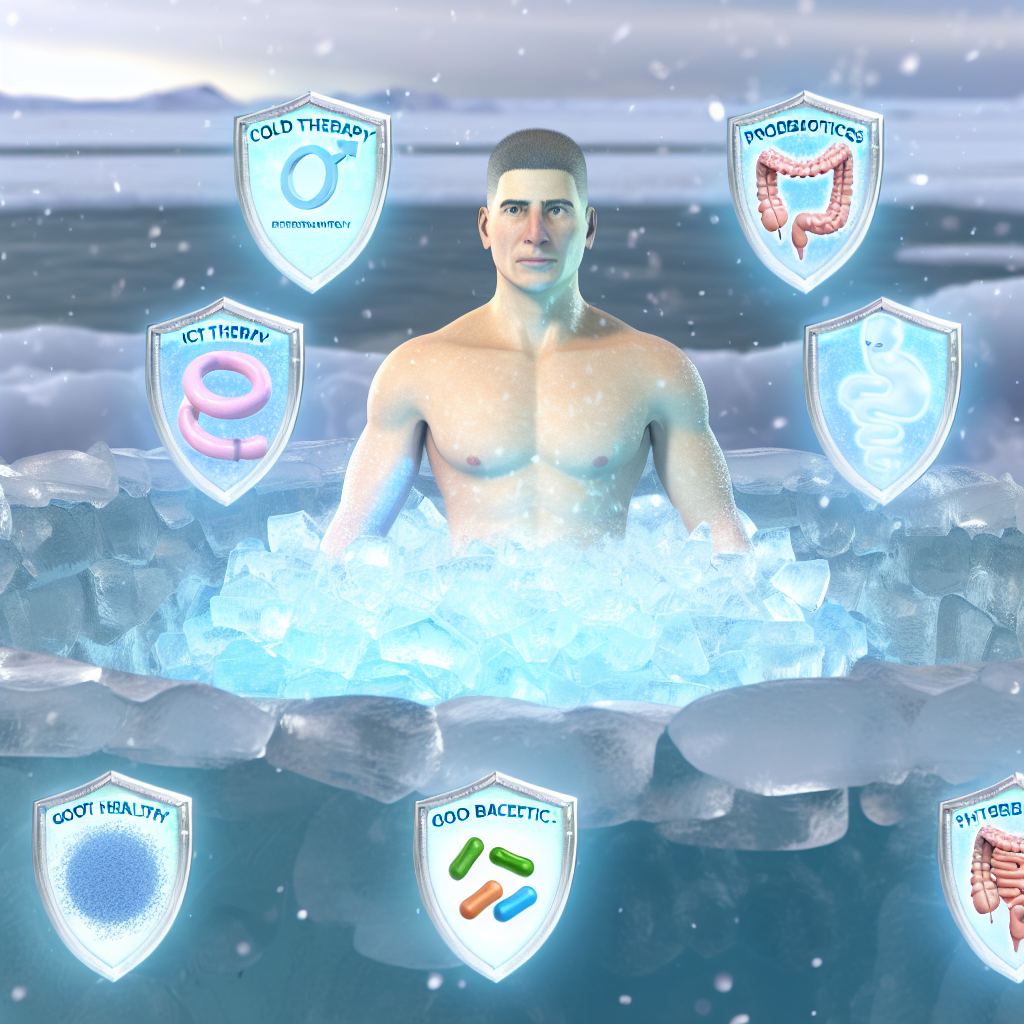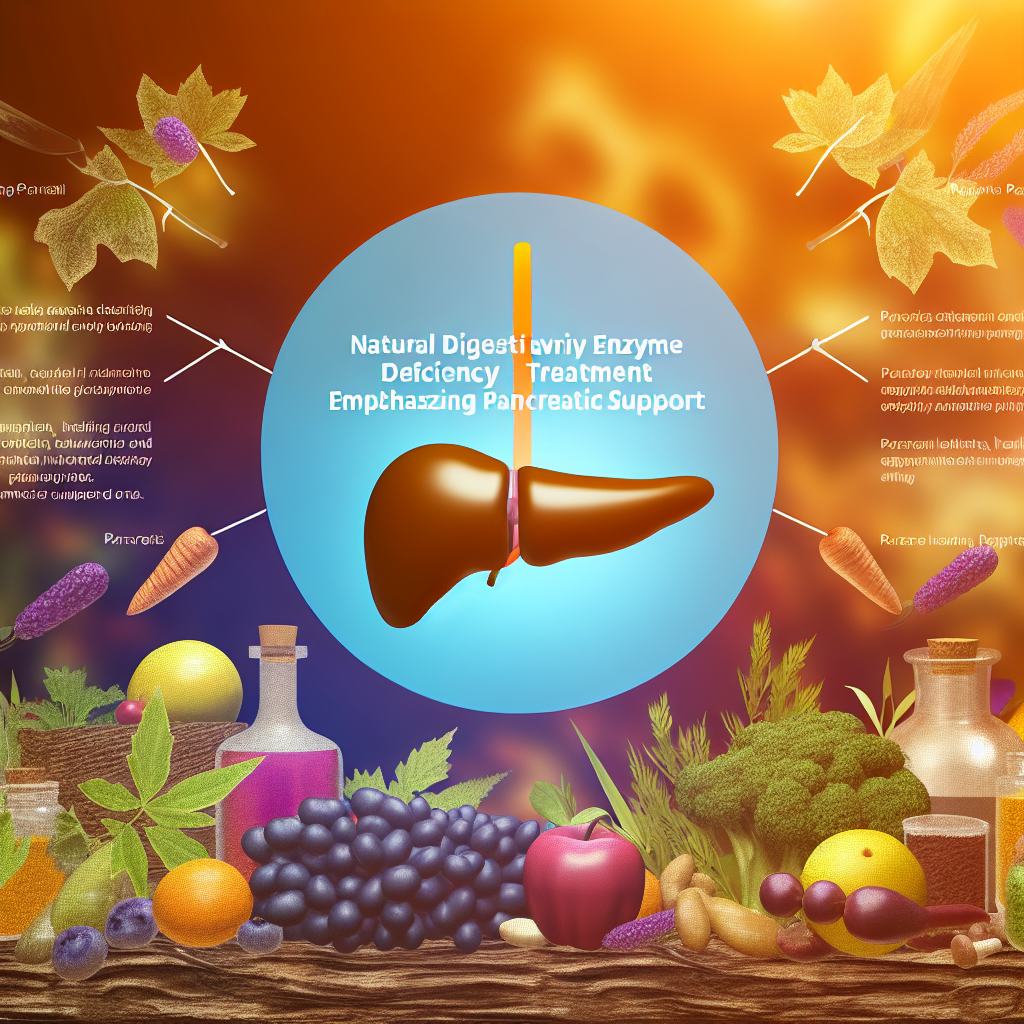# Cold Therapy and Gut Health: How Ice Baths Support Digestive Function
Introduction: Chill Your Way to Better Digestion
When it comes to improving gut health, most people consider probiotics, plant-based diets, stress management techniques, or herbal infusions. But there’s a cold, invigorating contender making waves in the wellness world — cold therapy. Ice baths, traditionally used by athletes for muscle recovery, are now being explored for their surprising connection to gut function and the gut-brain axis.
The gut is a highly intelligent, interconnected system responsible for digestion, nutrient absorption, immune responses, and even mood regulation via neurotransmitters. Many influences — like stress, poor diet, and lack of sleep — can disrupt its balance. Of these, stress is one of the most potent triggers, often contributing to conditions like IBS, IBD, and leaky gut syndrome.
Cold therapy, or cryotherapy, involves exposing the body to cold temperatures — whether through ice baths, cold showers, or cryo chambers — and has been shown to activate the vagus nerve, a key communicator between your brain and gut. By stimulating this nerve, cold exposure can promote relaxation, enhance digestive functions, and reduce systemic inflammation, ultimately supporting a well-functioning gut.
Let’s dive into how plunging into an ice bath could bring surprising benefits to your digestive system.
How Ice Baths Activate the Vagus Nerve for Digestive Benefits
One of the most exciting scientific discoveries supporting cold therapy for digestion is its effect on the vagus nerve. This cranial nerve, which connects your brain to the digestive tract and other organs, plays a vital role in the parasympathetic nervous system — commonly referred to as the “rest and digest” system.
A 2017 study published in Frontiers in Neuroscience revealed that cold water exposure amplifies vagal tone, increasing parasympathetic nervous activity. This boosts the efficiency of digestive processes, including better enzyme secretion, more effective nutrient absorption, and improved gastrointestinal motility.
Cold immersion encourages the body to shift from a fight-or-flight stress state into a state of calm, allowing your digestive system to work with greater ease and rhythm.
[Read the full study.](https://www.frontiersin.org/articles/10.3389/fnins.2017.00540/full)
Fighting Inflammation from the Inside Out with Cold Exposure
Inflammation is a major disruptor of gut health. Whether it’s bloating, IBD, or a disrupted gut lining, inflammation is often at the core. Cold therapy helps mitigate inflammation by triggering a process known as hormesis — a beneficial response to low-level stressors.
In a 2019 study published in the Journal of Inflammation Research, researchers found that cold exposure suppresses inflammatory markers such as TNF-alpha and interleukins, promoting stronger gut barrier function and reducing intestinal permeability — a key factor in conditions like leaky gut.
With reduced inflammation, the gut lining becomes less reactive and more supportive of healthy gut flora and function.
[Read the full study.](https://www.dovepress.com/cold-exposure-and-inflammatory-pathways-peer-reviewed-article-JIR)
Balance Your Stress Hormones to Heal the Gut Naturally
Stress and high cortisol levels are harmful to the gut. They constrict blood flow to digestive organs, reduce enzyme production, and create microbiome imbalances. Fortunately, cold immersion may offer a natural way to reset the body’s stress response.
A 2008 study in Psychosomatic Medicine observed that people who engaged in daily cold showers initially activated their sympathetic system, but over time developed greater stress resilience. This adaptation leads to better cortisol regulation, protecting the digestive system from chronic stress damage.
Regulating cortisol is essential for maintaining gut integrity and promoting a healthy gut-brain connection.
[Read the full study.](https://journals.lww.com/psychosomaticmedicine/Fulltext/2008/05000/Adaptation_to_Cold_Exposure_and_Stress_Response.12.aspx)
Cold Exposure and the Microbiome: A New Frontier
Emerging research suggests that cold environments might even shape the gut microbiome. A 2022 study in Cell Reports revealed that lower ambient temperatures induced favorable changes in gut bacteria, increasing the presence of metabolically active and anti-inflammatory strains — at least in animal models.
These changes could indicate that cold therapy holds promise for those struggling with dysbiosis, or imbalances in gut flora. Though more human trials are needed, it opens up exciting possibilities for metabolic and digestive enhancement through environmental stimuli.
[Read the full study.](https://www.cell.com/cell-reports/fulltext/S2211-1247(22)00067-4)
Boost Blood Flow for Better Digestive Performance
Another underrated benefit of ice baths is improved circulation. When plunging into cold water, your body shunts blood from your extremities to your core to conserve heat and protect internal organs. This natural response increases blood flow to the digestive system, delivering oxygen and nutrients more efficiently.
Improved circulation may help relieve symptoms of sluggish digestion, like bloating, gas, or constipation. Think of it as a metabolic “reboot” that energizes not only your muscles but your gut as well.
Final Thoughts: Embrace the Chill for a Healthier Gut
Although the science is still evolving, the growing body of evidence suggests that cold therapy — particularly through ice baths — can be an effective, drug-free strategy to support digestive health. From stimulating the vagus nerve and reducing inflammation to supporting microbiome diversity and balancing cortisol, cold immersion is an innovative tool in the gut-healing toolkit.
For anyone experiencing digestive discomfort or looking to optimize their health holistically, ice baths provide a promising, low-cost, and accessible option. As always, consult a healthcare professional before beginning any cold exposure regimen, especially if you have circulatory issues or other medical conditions.
Dare to dive in — and you may find improved gut health waiting on the other side of the ice.
**Summary:**
In this article, we explore the surprising connection between cold therapy and gut health. From activating the vagus nerve to reducing inflammation and balancing stress hormones, ice baths offer a natural, drug-free way to support a thriving digestive system. The emerging research suggests cold exposure may even shape the gut microbiome, opening up exciting possibilities for metabolic and digestive enhancement.
**References:**
– [Frontiers in Neuroscience: Cold Exposure and Vagus Nerve Activation](https://www.frontiersin.org/articles/10.3389/fnins.2017.00540/full)
– [Journal of Inflammation Research: Inflammatory Pathway Suppression with Cold Therapy](https://www.dovepress.com/cold-exposure-and-inflammatory-pathways-peer-reviewed-article-JIR)
– [Psychosomatic Medicine: Cold Showers and Stress Hormone Regulation](https://journals.lww.com/psychosomaticmedicine/Fulltext/2008/05000/Adaptation_to_Cold_Exposure_and_Stress_Response.12.aspx)
– [Cell Reports: Ambient Temperature’s Role in the Gut Microbiome](https://www.cell.com/cell-reports/fulltext/S2211-1247(22)00067-4)

Dominic E. is a passionate filmmaker navigating the exciting intersection of art and science. By day, he delves into the complexities of the human body as a full-time medical writer, meticulously translating intricate medical concepts into accessible and engaging narratives. By night, he explores the boundless realm of cinematic storytelling, crafting narratives that evoke emotion and challenge perspectives.
Film Student and Full-time Medical Writer for ContentVendor.com




